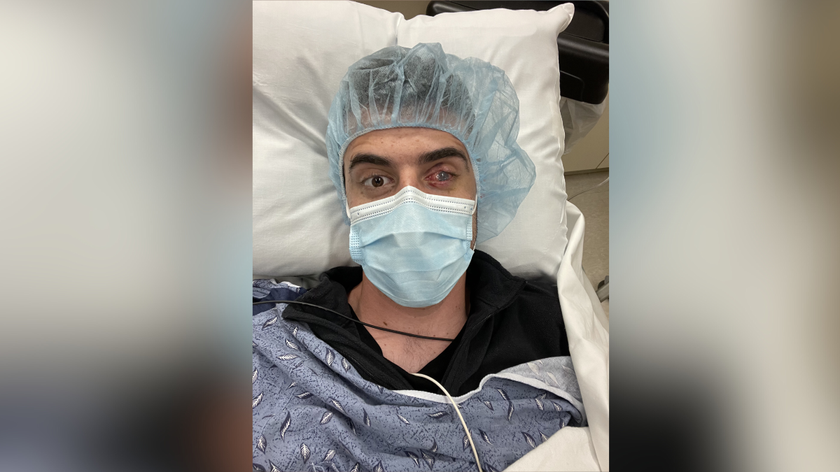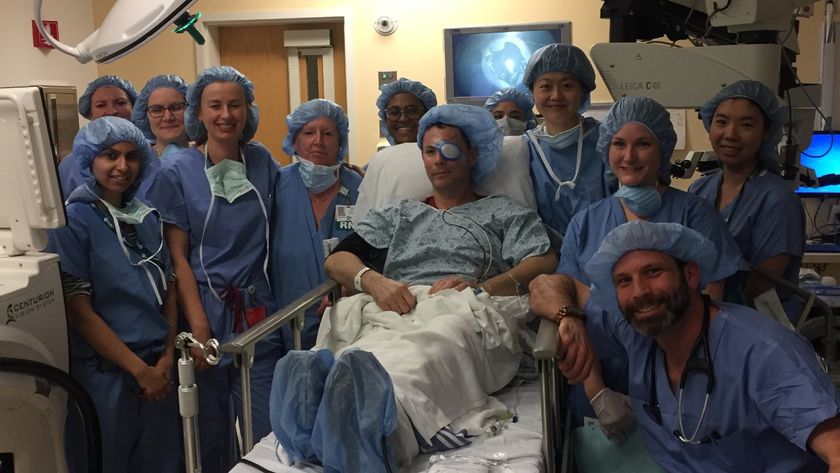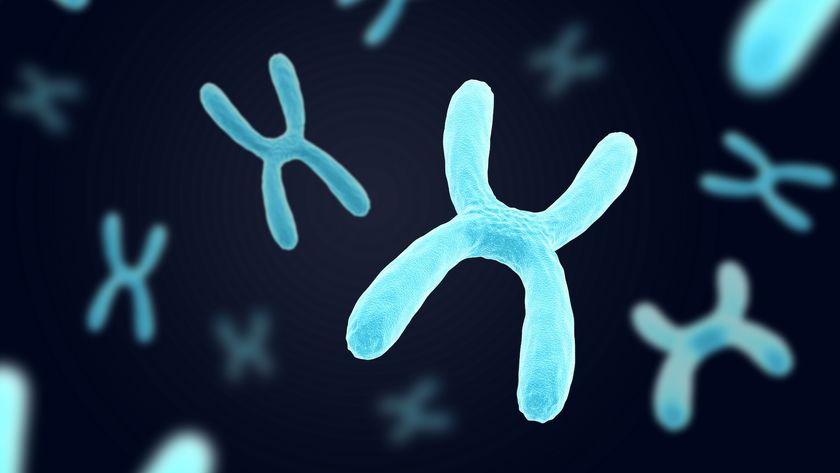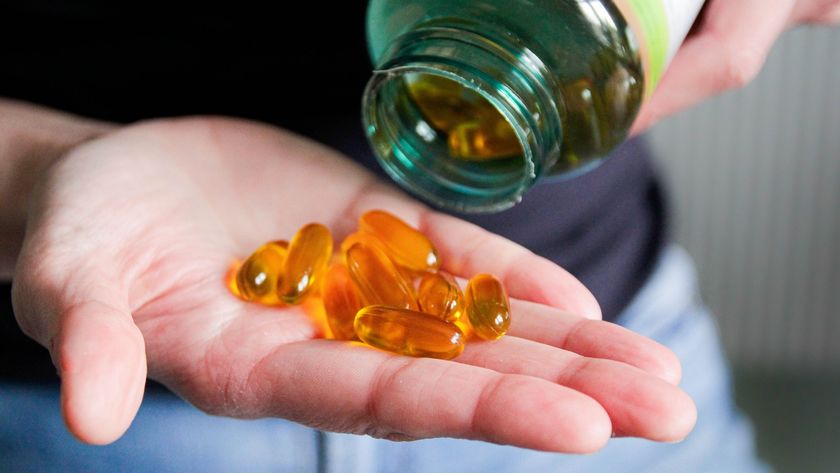Surgery Leaves Woman with 'Temporary Kleptomania'

A woman in Brazil who had cosmetic surgery ended up with not only a flatter stomach and larger breasts, she also developed kleptomania for a few weeks, a new case report reveals.
A few days after being released from the hospital following her cosmetic surgery, the 40-year-old woman began to have "recurring, intrusive thoughts and an irresistible compulsion towards stealing," according to the case report, published online Jan. 29 in the journal BMJ Case Reports.
The most likely explanation for her symptoms is that the woman suffered from inadequate blood flow to the brain at some point during or right after the surgical procedure, said case report co-author Dr. Fabio Nascimento, who is currently a neurologist at Toronto Western Hospital in Canada, but who was part of the medical team during the woman's hospitalization in Brazil at the time of the case.
Such a restricted blood flow could have deprived the woman's brain of oxygen and nutrients, resulting in disrupted brain function and leading to brain damage, Nascimento said. This damage likely interfered with certain circuits within her brain, causing the neurological symptoms observed after the surgery, he said. [10 Things You Didn't Know About the Brain]
Indeed, there were clues that the woman had mental deficits immediately following her cosmetic procedures, which included liposuction, a tummy tuck, breast augmentation and an arm lift, done in the fall of 2013. The woman felt extremely drowsy, disoriented and apathetic after the surgery, and she also suffered memory lapses.
When her doctors ordered an MRI to understand why the woman was feeling this way, it showed that she had decreased blood flow in certain parts of her brain as well as brain injury resulting from a lack of oxygen to cells in a region called the caudate nucleus which is involved in memory and learning. The woman had no prior history of mental health problems or substance abuse, according to the case report.
Caught stealing
Sign up for the Live Science daily newsletter now
Get the world’s most fascinating discoveries delivered straight to your inbox.
After the Brazilian woman was sent home from the hospital, she began to show what Nascimento described as "fairly typical symptoms of kleptomania," such as an "urge to steal followed by a sense of relief after doing so."
The kleptomania episodes lasted for only a couple of weeks, but that was long enough to get the woman into trouble with the law.
One day while shopping for a gift for a friend of her daughter, she felt an irresistible impulse to steal a particular item from a store despite having more than enough money to buy it, Nascimento told Live Science. The woman snatched it from the shelf, stashed it in her purse and left the store.
But a store security guard observed the theft and caught up with her before she reached her car. The woman was taken to the police station, and she was released only after her temporary psychiatric condition was explained to the police commissioner, Nascimento said.
The woman did not need treatment for this temporary episode of kleptomania, and her brain injury resolved on its own, Nascimento told Live Science. The brain was able to heal itself and recover because it undergoes "rewiring," a reorganization of brain connections following injury, he said.
The medical literature has reported on a few other cases of kleptomania after traumatic brain injury or neurosurgery, or after brain cells receive a lack of oxygen like this woman's did. But it is a very unusual occurrence, Nascimento said.
Neurological or psychiatric symptoms can occur as a result of surgical procedures, Nascimento said. These can be as typical as temporary memory problems or as atypical as kleptomania, he said. They usually resolve without any treatment, he added.
Follow Live Science @livescience, Facebook & Google+. Originally published on Live Science.
Cari Nierenberg has been writing about health and wellness topics for online news outlets and print publications for more than two decades. Her work has been published by Live Science, The Washington Post, WebMD, Scientific American, among others. She has a Bachelor of Science degree in nutrition from Cornell University and a Master of Science degree in Nutrition and Communication from Boston University.












